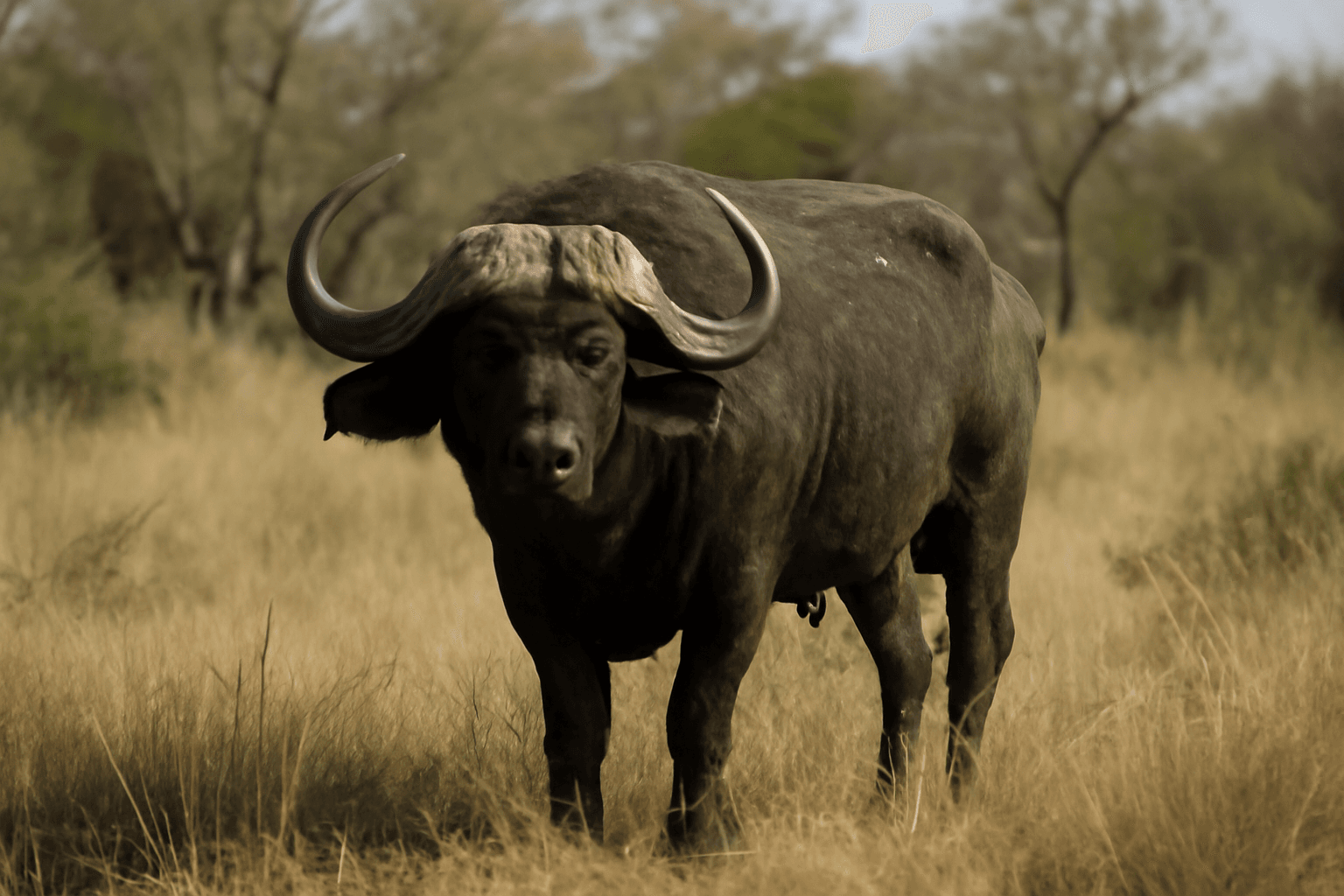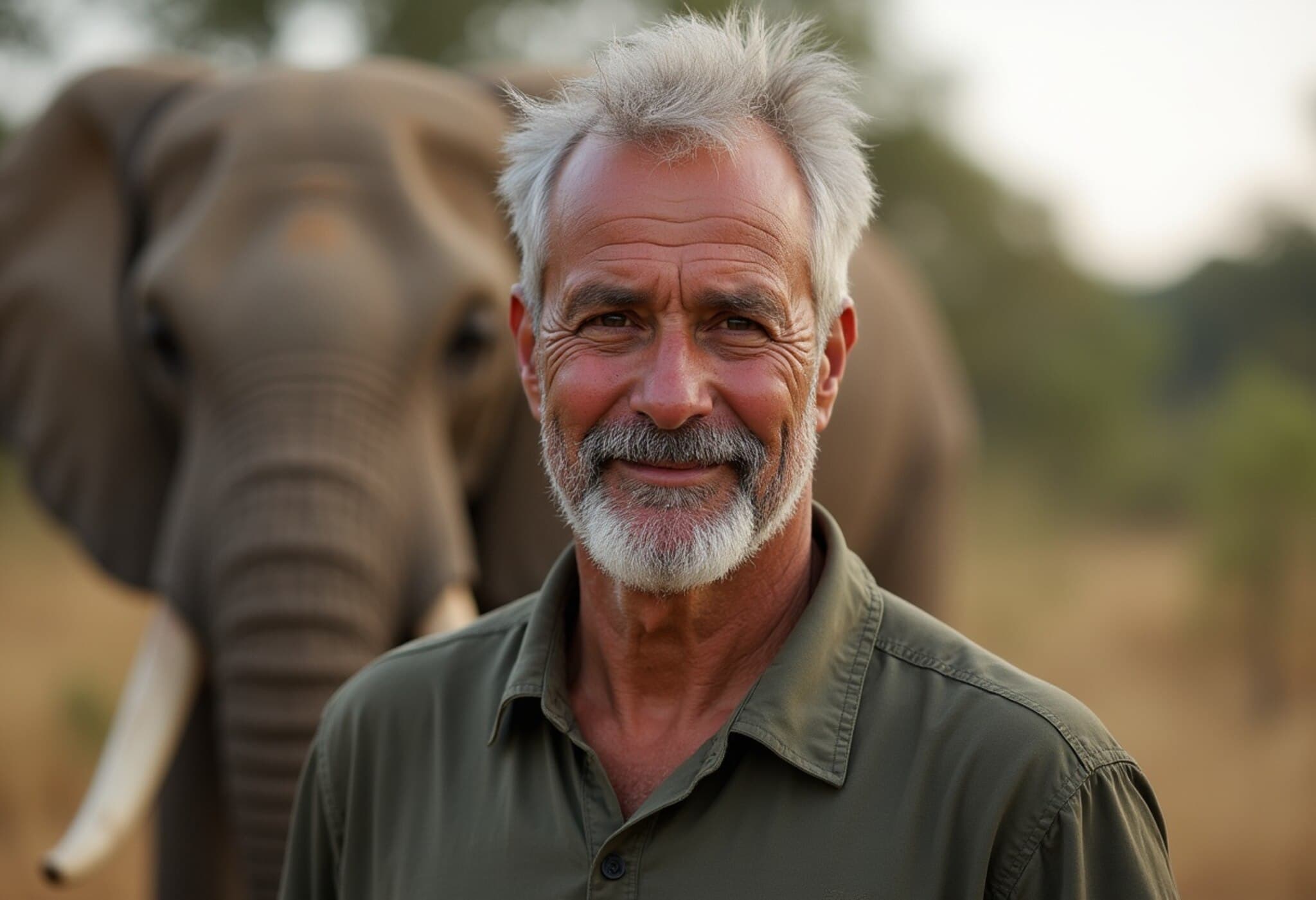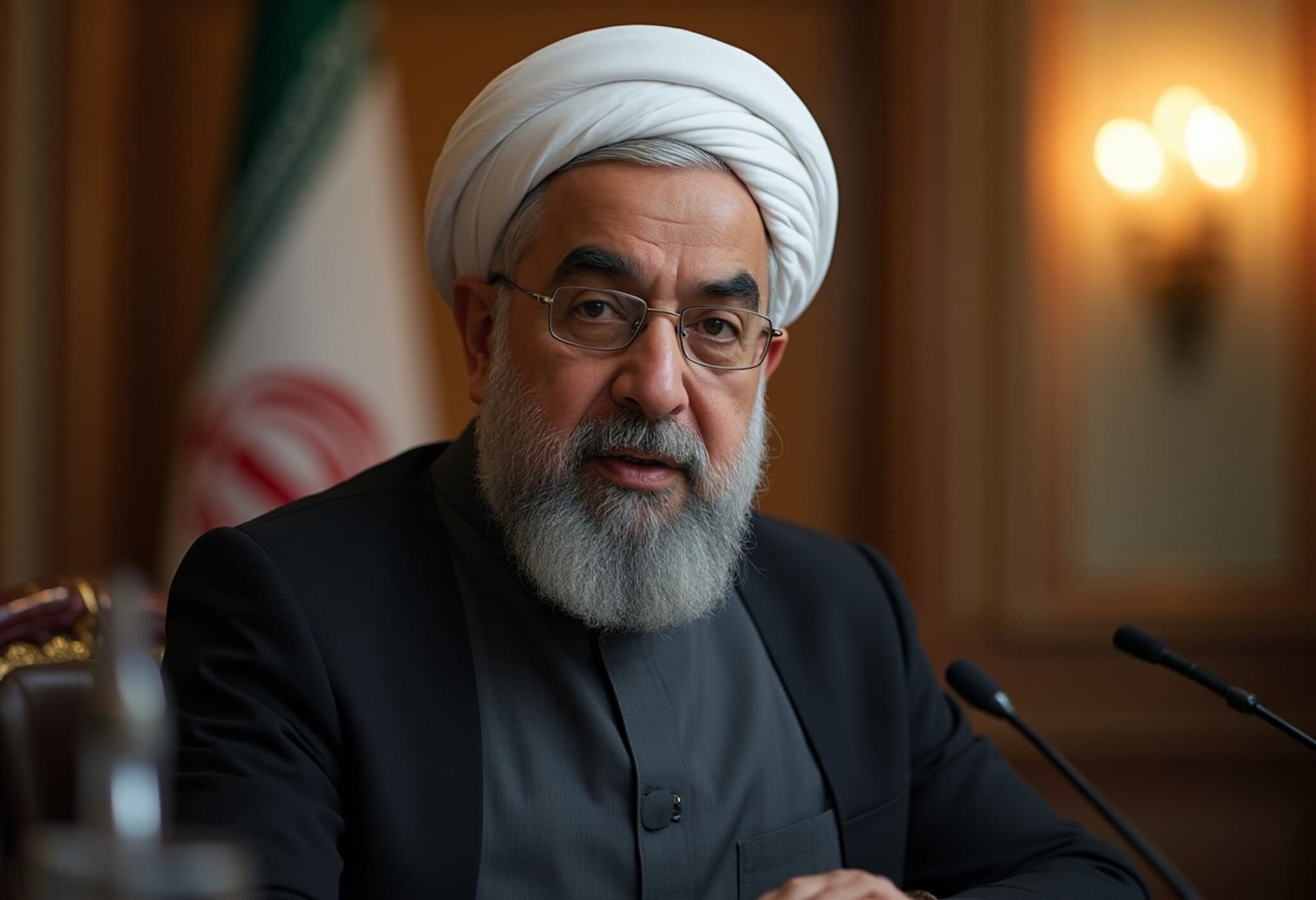US Funding Withdrawal Halts Promising HIV Vaccine Research in South Africa
Just days before launching critical clinical trials for an innovative HIV vaccine, South African scientists received devastating news: the United States would cut all funding under the Trump administration’s reallocation of foreign aid. This abrupt decision jeopardizes years of groundbreaking research in a region disproportionately affected by HIV—home to the highest prevalence worldwide.
South Africa’s Scientific Progress Undermined
The United States had allocated $46 million towards the BRILLIANT program, a cutting-edge initiative leveraging Africa’s genetic diversity and expertise to develop effective HIV vaccines benefiting global communities. However, with the U.S. pivoting its funding priorities inward, these vital resources evaporated overnight.
South Africa, in particular, has borne the brunt of these cuts, partly due to unfounded claims targeting its white Afrikaner minority, leading to the loss of approximately $400 million annually in aid from USAID and PEPFAR, the U.S. President’s Emergency Plan for AIDS Relief.
Expert Insights: The Stakes Are High
Dr. Glenda Gray, head of the BRILLIANT program and a leading HIV researcher, emphasized the critical role African trials have played in the development of HIV treatments. “We conduct trials with unmatched speed, efficiency, and cultural relevance. Without South Africa’s participation, the world’s progress against HIV will be set back significantly,” she explains.
Notably, South African scientists played a vital role in the U.S. FDA’s recent approval of lenacapavir, the first twice-yearly injectable HIV prevention medication. Their pioneering genomic surveillance also identified key viral variants during the COVID-19 pandemic, highlighting the country's integral role in global health security.
Local Impact: Labs Quiet and Jobs Lost
At the University of the Witwatersrand’s Antiviral Gene Therapy Research Unit, young technicians like Nozipho Mlotshwa face uncertain futures. With unemployment for South African youth at roughly 46%, the loss of grant-funded positions compounds socioeconomic challenges.
“This isn’t just about science. It’s about families, communities, and hope for a disease that has devastated millions,” says Mlotshwa. Researchers led by Professor Abdullah Ely were on the cusp of promising breakthroughs before operations ground to a halt.
Currently, vital equipment purchases are suspended, and approximately 100 researchers dedicated to HIV studies have been laid off. Postdoctoral fellows and data collectors—essential for monitoring patient care and counseling in underserved rural areas—also face job losses.
Broader Consequences for Public Health and Research
South Africa’s health ministry warns that these cuts jeopardize treatment access for thousands and threaten to increase new infections. Essential programs to support vulnerable populations and track epidemiological data are collapsing.
Additionally, the impact extends beyond HIV, affecting tuberculosis research—a disease with alarmingly high incidence rates in the region.
Universities South Africa, a national consortium, has petitioned the Treasury for over $110 million to sustain critical scientific initiatives, yet the funding gap remains daunting.
UNAIDS and Regional Responses
UNAIDS Executive Director Winnie Byanyima, during her June visit to South Africa, highlighted the existential threat U.S. funding cuts pose not only to South Africa but to the continent's pandemic response as a whole.
While countries like Zambia, Nigeria, Burundi, and Ivory Coast are ramping up domestic contributions, Byanyima cautions that these efforts cannot replicate the scale and impact of American aid. “Local funding decisions are commendable but insufficient to fill the void left by U.S. resources,” she noted.
What Lies Ahead?
- Global Health Risks: Interruptions in vaccine development may slow progress towards ending the HIV epidemic.
- Economic Consequences: Job losses in the research sector deepen economic hardships in a country battling youth unemployment.
- Policy Gaps: The aid cut prompts an urgent debate on sustainable, diversified funding strategies for global health research beyond reliance on a single donor.
South Africa’s scientific community stands at a crossroads, balancing resilience against shrinking resources while grappling with the ethical imperatives of global health equity.
Editor's Note:
While the U.S. decision reflects a shift towards domestic priorities, the ripple effects on HIV research in South Africa underscore a fundamental truth: global health security is interconnected and fragile. This story raises important questions about the future of international aid, the role of emerging economies in funding critical research, and the human cost when science loses its lifeline.
Readers are encouraged to consider how sustainable funding models can empower affected countries and protect crucial health advancements in an evolving geopolitical landscape.


















